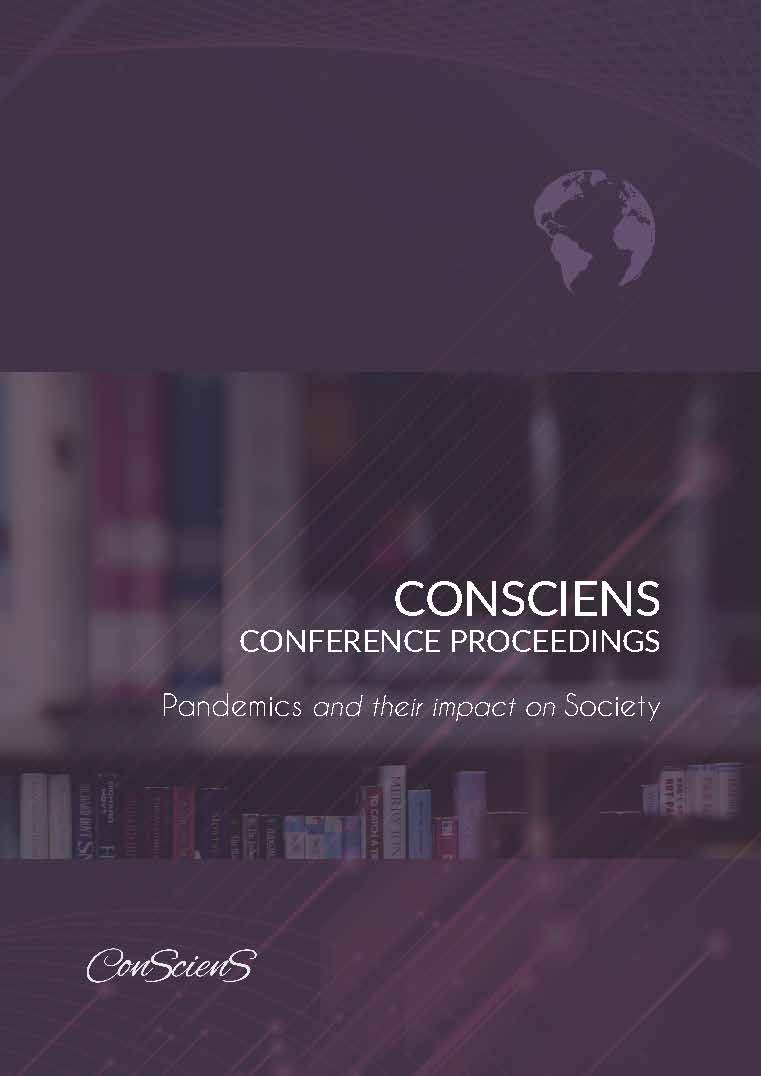Legal Limitations of the Constitutional Rights of Institutionalized Persons Imposed during the SARS-CoV-2 Pandemic
Legal Limitations of the Constitutional Rights of Institutionalized Persons Imposed during the SARS-CoV-2 Pandemic
Author(s): Andrei Armeanu
Subject(s): Civil Law, Human Rights and Humanitarian Law
Published by: Scientia Moralitas Research Institute
Keywords: human rights; SARS-CoV-2; institutionalized persons;
Summary/Abstract: The rapid emergence and evolution of the SARS-COV-2 epidemic in Romania has led national state authorities to adopt a series of measures limiting citizens' constitutional rights. These measures were ordered to limit the spread of the pandemic on national territory and were established by Presidential Decree on March 16, 2020. The Presidential Decree no. 195/2020 - on the establishment of emergency status on Romanian territory, allowed the limitation of certain constitutional rights, including those of institutionalized persons, for 30 days. The main rights affected were the right to free movement, the right to intimate, family and private life, the right to education, and the right to private property. Later, the government decree under which the state of alert was ordered extended some of these legal limitations, to the present day. In Romania, the persons in institutions, including the elderly, persons with disabilities and children, remain among the most vulnerable during the current state of alert. In the present study, we will analyse the effects of limiting the constitutional rights of institutionalized persons during the state of emergency and state of alert, pointing out the main issues raised by the Ombudsman and referencing some legal and practical solutions proposed by NGOs and the EU institutions.
Book: ConScienS Conference Proceedings
- Page Range: 36-42
- Page Count: 7
- Publication Year: 2020
- Language: English
- Content File-PDF

